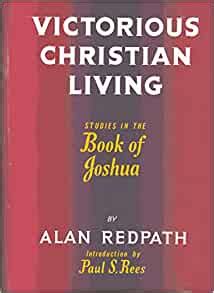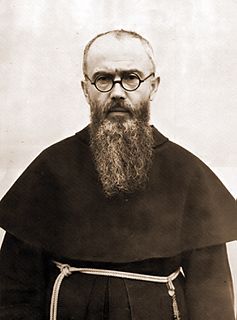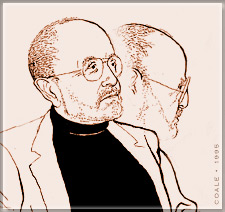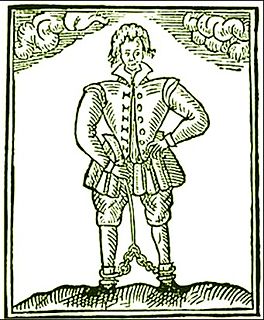A Quote by Charles Spurgeon
There should be a parallel between our supplications and our thanksgivings. We ought not to leap in prayer, and limp in praise.
Related Quotes
Prayer is an earnest and familiar talking with God, to whom we declare all our miseries, whose support and help we implore and desire in our adversities, and whom we laud and praise for our benefits received. So that prayer contains the exposition of our sorrows, the desire of God's defence, and the praising of His magnificent name, as the Psalms of David clearly do teach.
Praise and Prayer PRAISE is devotion fit for mighty minds, The diff'ring world's agreeing sacrifice; Where Heaven divided faiths united finds: But Prayer in various discord upward flies. For Prayer the ocean is where diversely Men steer their course, each to a sev'ral coast; Where all our interests so discordant be That half beg winds by which the rest are lost. By Penitence when we ourselves forsake, 'Tis but in wise design on piteous Heaven; In Praise we nobly give what God may take, And are, without a beggar's blush, forgiven.
We will only advance in our evangelistic work as fast and as far as we advance on our knees. Prayer opens the channel between a soul and God; prayerlessness closes it. Prayer releases the grip of Satan's power; prayerlessness increases it. That is why prayer is so exhausting and so vital. If we believed it, the prayer meeting would be as full as the church.
We should probably start searching around a little earlier in our lives for what I call parallel activities, because most of us get entrenched in our careers. And, of necessity, we're earning a living, and it's taking our time, and we're building our résumé, and we want our résumé generally to be our proficiency within our field, because chances are we're going to be applying for another position within the field. So we tend to put off a lot of this sort of what I call parallel discovery until we're either very successful and have the time to do that, or more often until we're retired.
Parents ought, through their own behavior and the values by which they live, to provide direction for their children. But they need to rid themselves of the idea that there are surefire methods which, when well applied, will produce certain predictable results. Whatever we do with and for our children ought to flow from our understanding of and our feelings for the particular situation and the relation we wish to exist between us and our child.



































